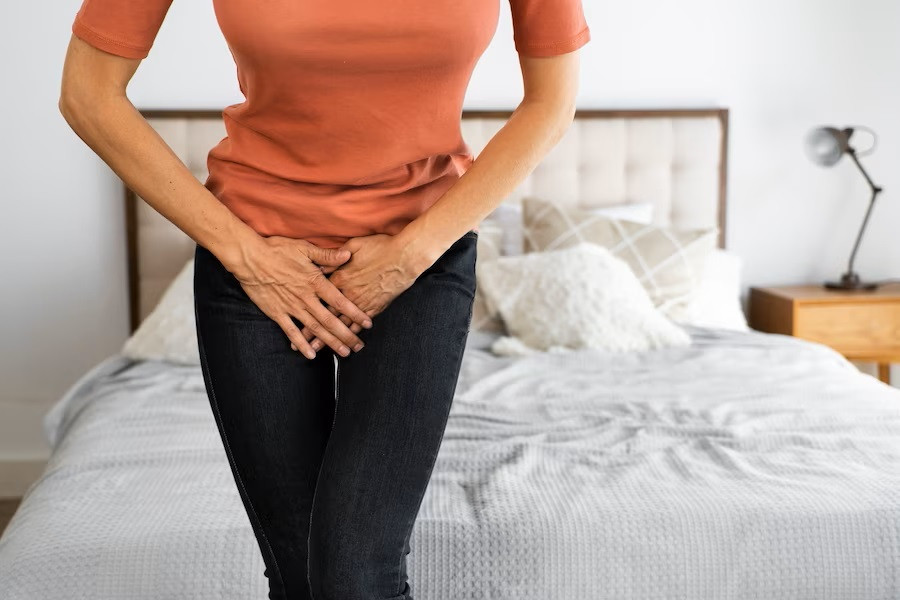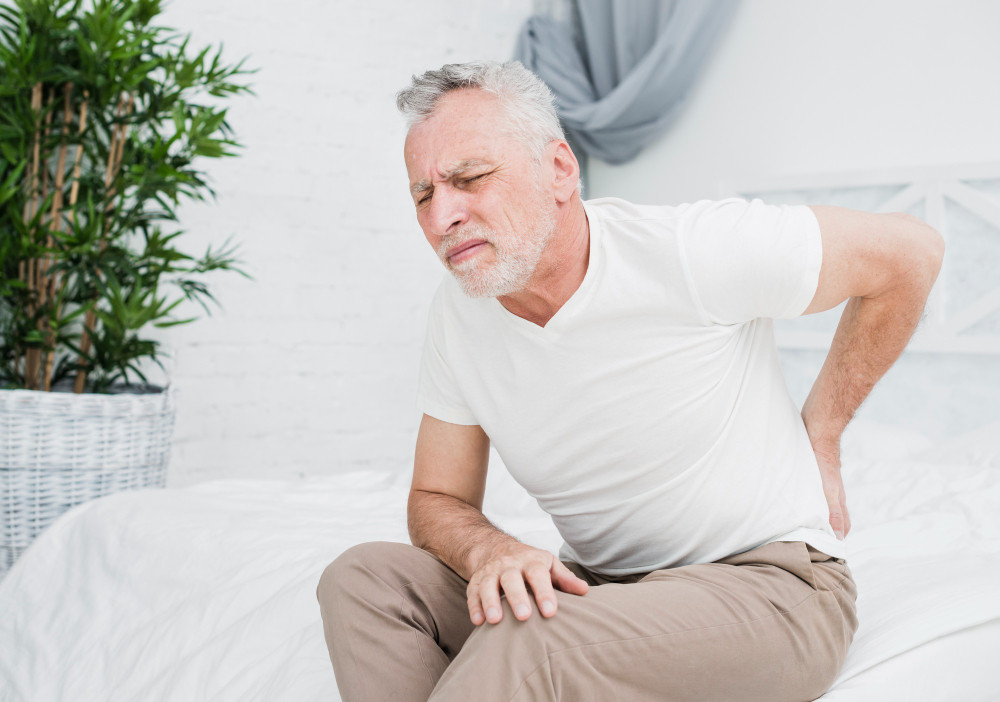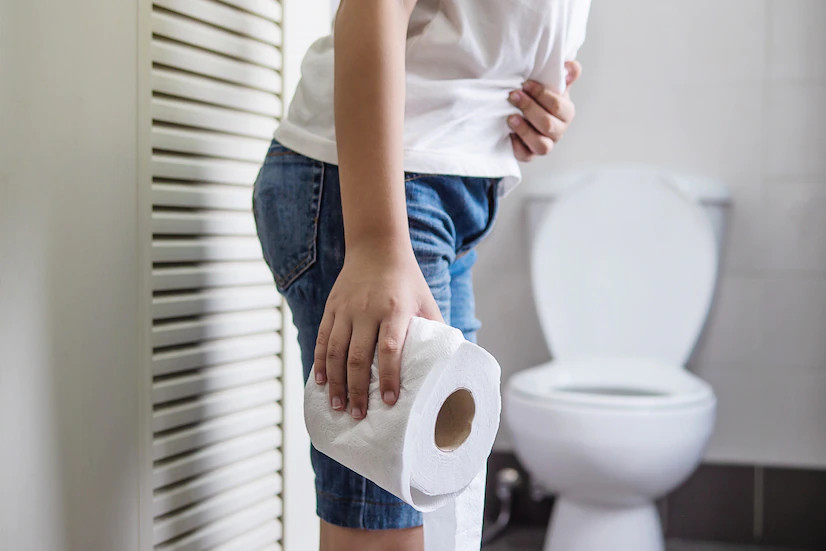Hemorrhoids, also known as piles, are not a dangerous disease. They occur when the blood vessels in or around the anus swell or become inflamed, and they affect both men and women.
Although piles are rarely completely cured, the symptoms can be effectively controlled and managed.
How to prevent hemorrhoids
There are several preventive measures that are very effective at reducing the likelihood of hemorrhoids appearing or recurring. These include:
Eating fiber-rich foods
Eating high-fiber foods like beans, fruits, vegetables, and whole grains can help relieve the symptoms and keep them from recurring. Fiber keeps stools soft and easy to pass, reducing pressure on the blood vessels surrounding the anus and preventing hemorrhoids.
Drink enough water
In addition to fiber foods, you should drink more water to stay healthy and prevent piles. Fiber keeps stools soft and easy to pass, but without enough water, it can make stools hard and difficult to pass, increasing the risk of hemorrhoids.
Everyone is advised to drink approximately 2 liters per day to meet their body's fluid needs. However, each individual's fluid requirements may differ depending on their body weight, level of physical activity, health status, and environment.
Read more: How to Relieve Hemorrhoid Pain
Consider fiber supplements
You may also need to consider fiber supplements to help increase stool volume and improve stool consistency. Fiber supplements, on the other hand, should not be used as a primary source of fiber and should not be used in place of naturally fiber-rich foods. Fiber supplements should be used as part of a healthy, well-balanced diet, as advised by your doctor.
Do not strain
Straining and holding your breath while attempting to pass a bowel movement can put stress on the blood vessels in the rectal area. As a result, the blood vessels swell and become inflamed, increasing the risk of hemorrhoids and worsening their symptoms.
To avoid increased blood vessel pressure, go to the toilet as soon as you feel the urge to defecate, breathe naturally, and use a foot stool to elevate the legs and achieve the best body position.
Read more: Recommended And Avoided Food Choices For Hemorrhoids Patients
Be active and exercise regularly
Regular exercise is not only good for weight loss, but it can also help with digestive health and prevent acne.
Regular exercise improves bowel movements and speeds up stool passage through the digestive tract. This can help to avoid constipation and keep stools soft.
Exercise also improves blood flow throughout the body, including the rectum and anal area. Good blood flow can help prevent vein swelling and improve hemorrhoid conditions.
Avoid spending too much time on the toilet
Spending too much time on the toilet, reading, or playing with your phone can increase your risk of hemorrhoids. When you sit on the toilet for an extended period of time, particularly in an upright sitting position, the pressure on the blood vessels surrounding the anus increases. This excessive pressure on the blood vessels can result in swelling and inflammation, both of which are major risk factors for hemorrhoids.
Hemorrhoids can generally be treated with home remedies. However, if you have abdominal pain, persistent diarrhea or constipation, fever, feverishness, nausea and vomiting, or bloody discharge during bowel movements caused by hemorrhoids, you should seek medical attention.
If you need medical advice or consultation, you can either visit a doctor or make use of the consultation features that are available in the Ai Care application by downloading the Ai Care application from the App Store or Play Store.
Looking for more tips and tricks for health, first aid, and other home treatments? Click here!
- Sean Edbert Lim, MBBS
Mayo Clinic (2023). Hemorrhoids. Available from: https://www.mayoclinic.org/diseases-conditions/hemorrhoids/symptoms-causes/syc-20360268
Cleveland Clinic (2021). Hemorrhoids. Available from: https://my.clevelandclinic.org/health/diseases/15120-hemorrhoids
Jennifer Whitlock, RN, MSN, FN (2024). Causes and Risk Factors of Hemorrhoids. Available from: https://www.verywellhealth.com/common-causes-of-hemorrhoids-3156970
Jennifer Huizen (2023). Which foods to eat and avoid to help treat and prevent piles. Available from: https://www.medicalnewstoday.com/articles/hemorrhoids-high-fiber-diet
Cleveland Clinic (2022). 5 Simple Ways to Prevent Hemorrhoids. Available from: https://health.clevelandclinic.org/5-simple-ways-you-can-prevent-hemorrhoids
Mayo Clinic (2022). Water: How much should you drink every day?. Available from: https://www.mayoclinic.org/healthy-lifestyle/nutrition-and-healthy-eating/in-depth/water/art-20044256
Jon Johnson (2021). Supplements to ease hemorrhoids: What to Know. Available from: https://www.medicalnewstoday.com/articles/hemorrhoids-dietary-supplement











